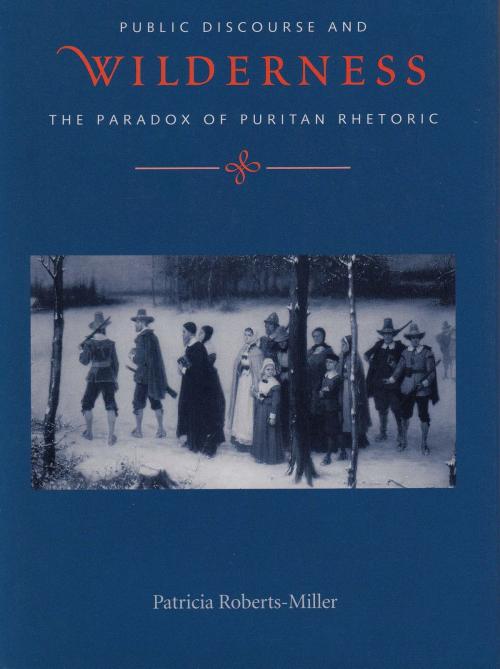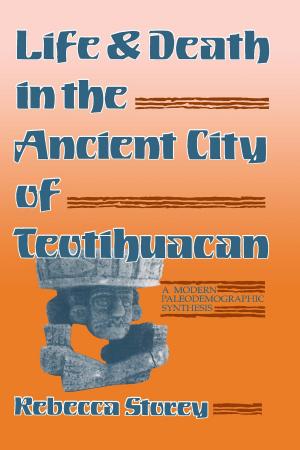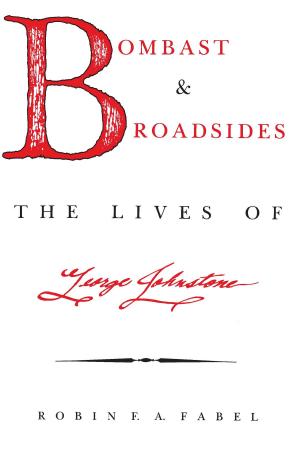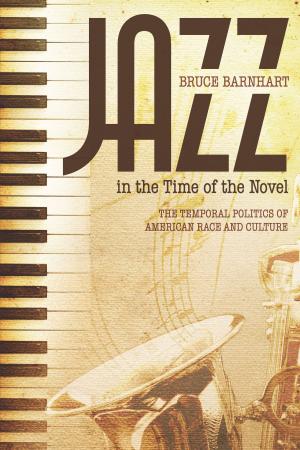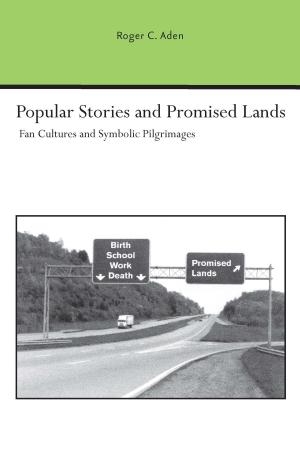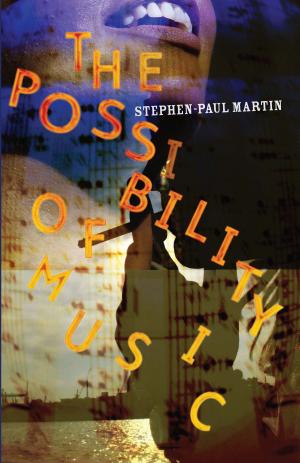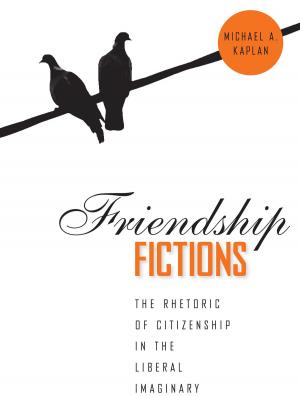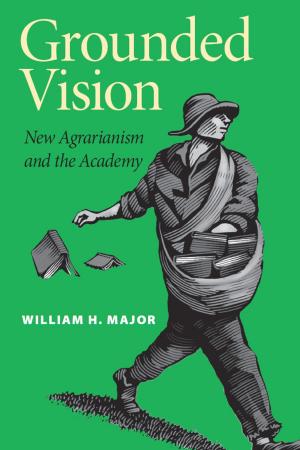Voices in the Wilderness
Public Discourse and the Paradox of Puritan Rhetoric
Nonfiction, Reference & Language, Language Arts, Public Speaking, Rhetoric, Fiction & Literature, Literary Theory & Criticism, American| Author: | Patricia Roberts-Miller | ISBN: | 9780817387587 |
| Publisher: | University of Alabama Press | Publication: | June 30, 2014 |
| Imprint: | University Alabama Press | Language: | English |
| Author: | Patricia Roberts-Miller |
| ISBN: | 9780817387587 |
| Publisher: | University of Alabama Press |
| Publication: | June 30, 2014 |
| Imprint: | University Alabama Press |
| Language: | English |
What has gone wrong with discourse and deliberation in the United States? It remains monologic, argues Patricia Roberts-Miller in Voices in the Wilderness, which traces America’s dominant form of argumentation back to its roots in the rhetorical tradition of 17th-century American Puritans. A work of composition theory, rhetorical theory, and cultural criticism, this volume ultimately provides not only new approaches to argumentation and the teaching of rhetoric, composition, and communication but also an original perspective on the current debate over public discourse
Both Jürgen Habermas and Wayne Booth—two of the most influential theorists in the domain of public discourse and good citizenry—argue for an inclusive public deliberation that involves people who are willing to listen to one another, to identify points of agreement and disagreement, and to make good faith attempts to validate any disputed claims. The Puritan voice crying in the wilderness, Roberts-Miller shows, does none of these things. To this individual of conscience engaged in a ceaseless battle of right and wrong against greedy philistines, all inclusion, mediation, and reciprocity are seen as evil, corrupting, and unnecessary. Hence, the voice in the wilderness does not in any real sense participate in public deliberation, only in public pronouncement.
Arguing that our culture’s continuing affection for the ethos of the voice crying in the wilderness is one of our more troubling inheritances from the early American ambivalence to public discourse—including the Puritan denigration of rhetoric—Roberts-Miller contends that the monologic discourse of the Puritans in fact contains within it arguments for dialogism. Thus, the history of rhetoric can provide much richer fields for reimagining discourse than heretofore credited. Roberts-Miller concludes by extending her findings into their practical applications for argumentation in the public sphere and in the composition classroom.
What has gone wrong with discourse and deliberation in the United States? It remains monologic, argues Patricia Roberts-Miller in Voices in the Wilderness, which traces America’s dominant form of argumentation back to its roots in the rhetorical tradition of 17th-century American Puritans. A work of composition theory, rhetorical theory, and cultural criticism, this volume ultimately provides not only new approaches to argumentation and the teaching of rhetoric, composition, and communication but also an original perspective on the current debate over public discourse
Both Jürgen Habermas and Wayne Booth—two of the most influential theorists in the domain of public discourse and good citizenry—argue for an inclusive public deliberation that involves people who are willing to listen to one another, to identify points of agreement and disagreement, and to make good faith attempts to validate any disputed claims. The Puritan voice crying in the wilderness, Roberts-Miller shows, does none of these things. To this individual of conscience engaged in a ceaseless battle of right and wrong against greedy philistines, all inclusion, mediation, and reciprocity are seen as evil, corrupting, and unnecessary. Hence, the voice in the wilderness does not in any real sense participate in public deliberation, only in public pronouncement.
Arguing that our culture’s continuing affection for the ethos of the voice crying in the wilderness is one of our more troubling inheritances from the early American ambivalence to public discourse—including the Puritan denigration of rhetoric—Roberts-Miller contends that the monologic discourse of the Puritans in fact contains within it arguments for dialogism. Thus, the history of rhetoric can provide much richer fields for reimagining discourse than heretofore credited. Roberts-Miller concludes by extending her findings into their practical applications for argumentation in the public sphere and in the composition classroom.
